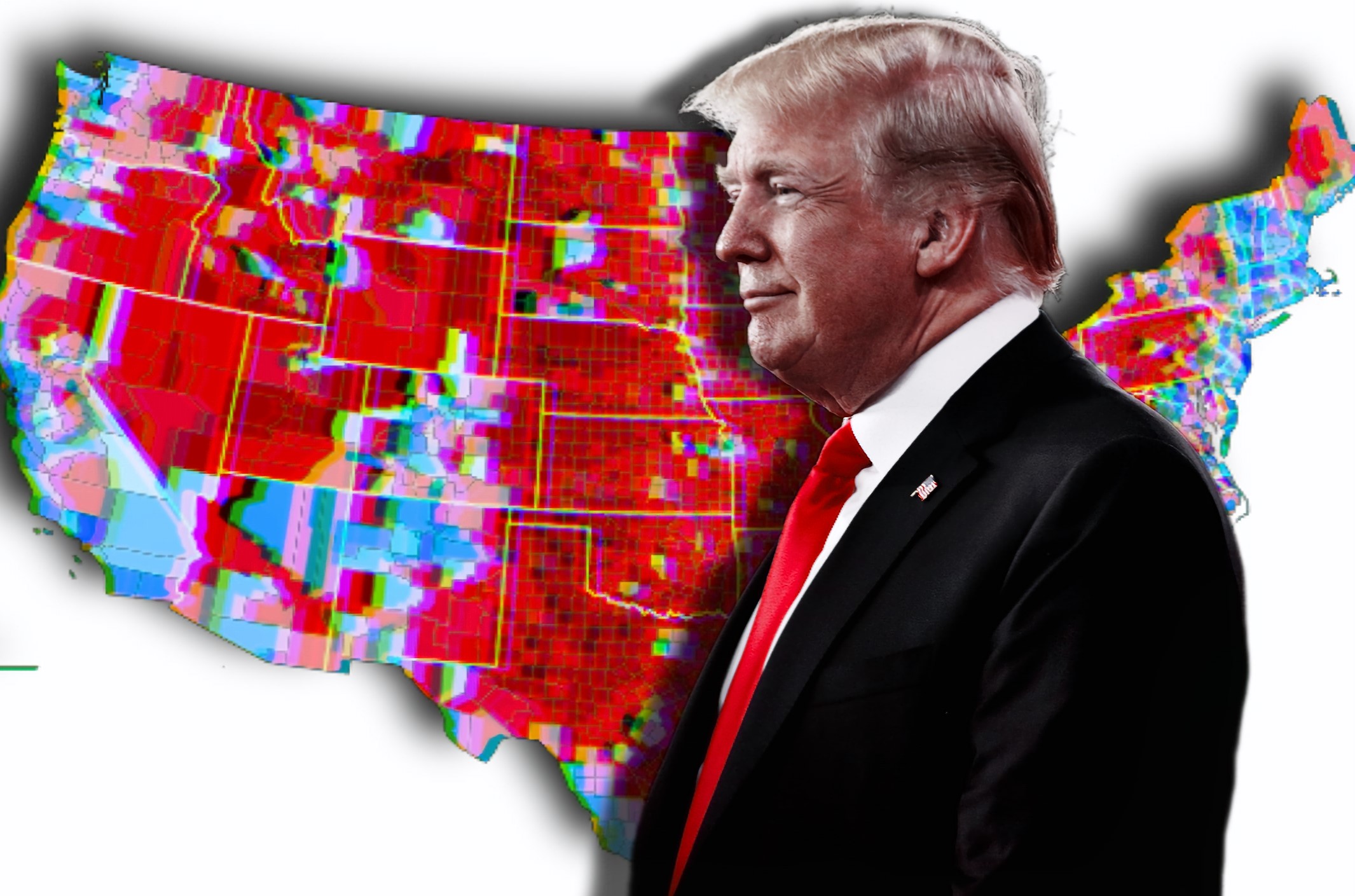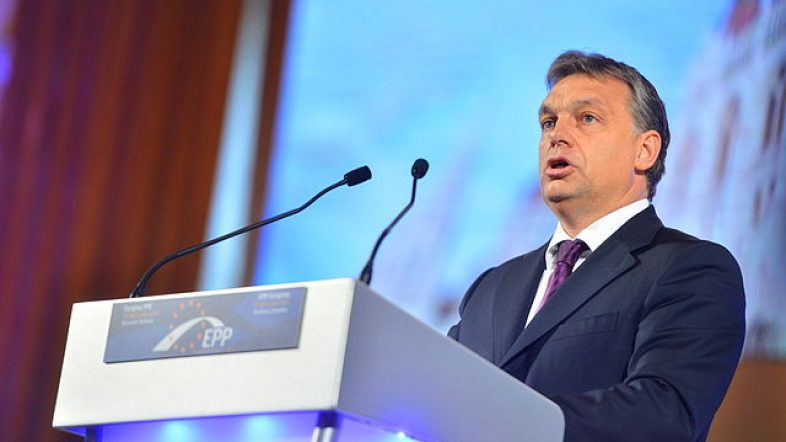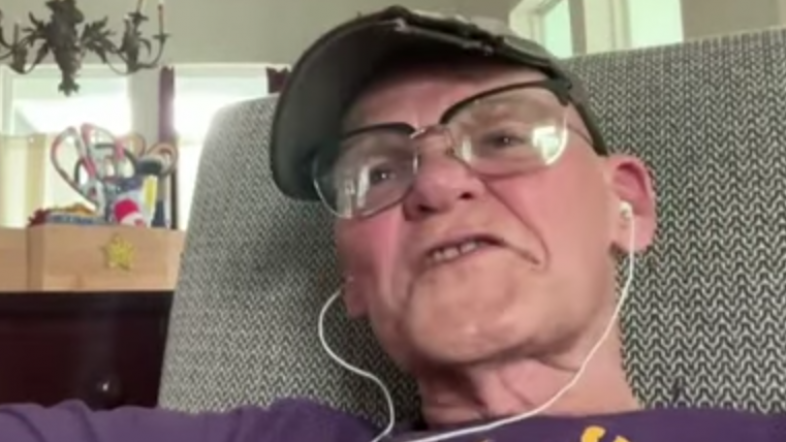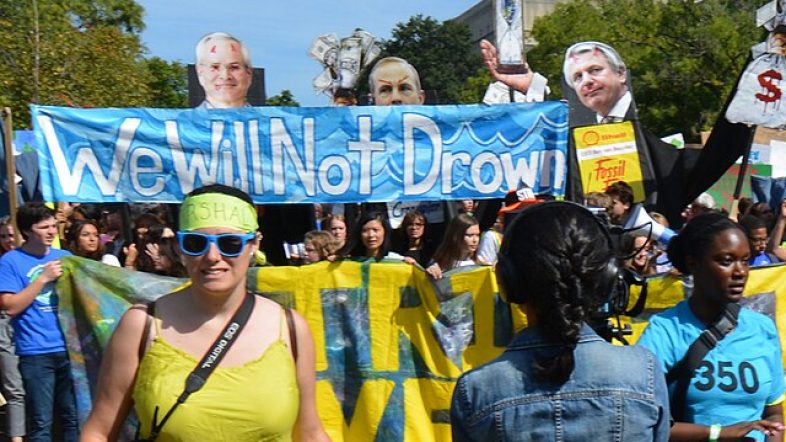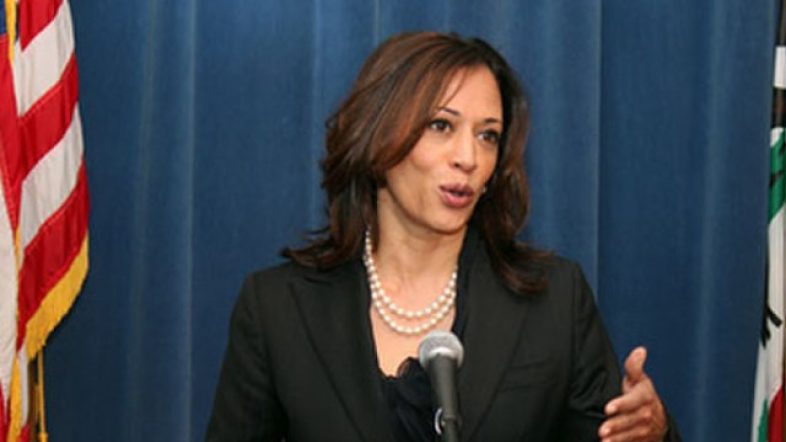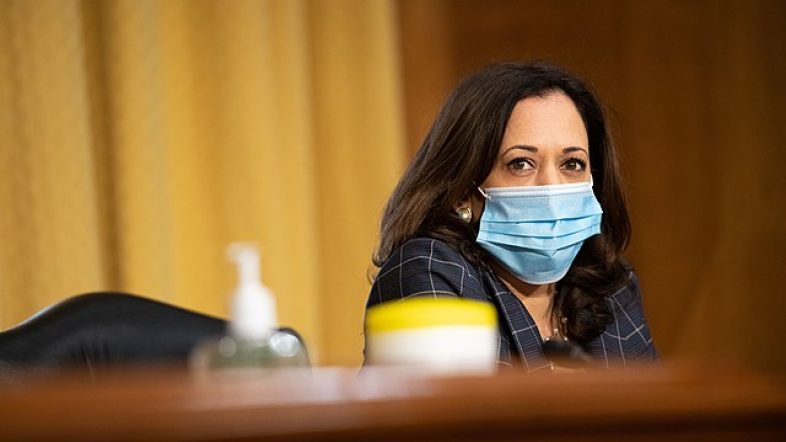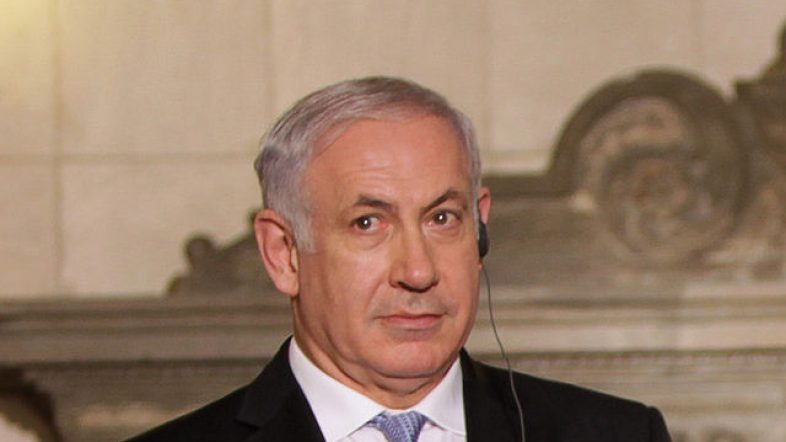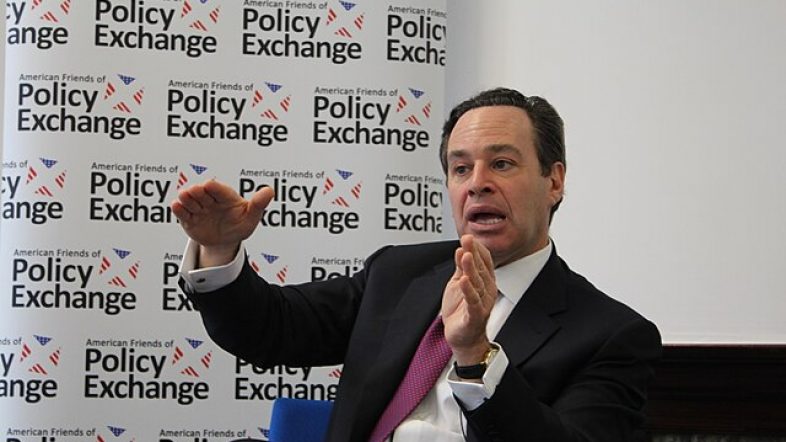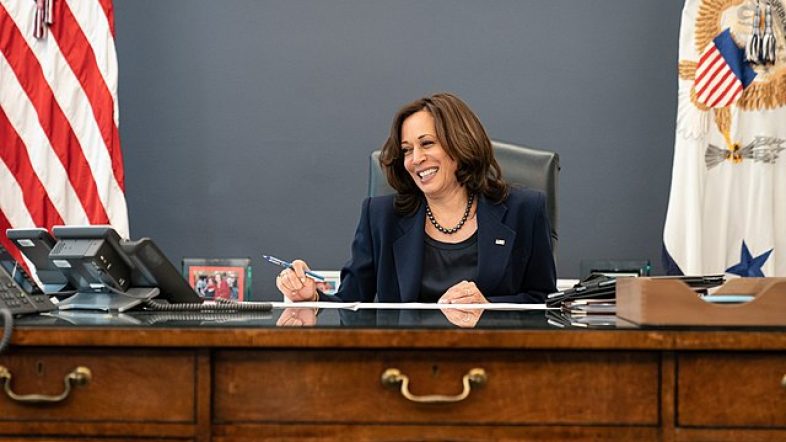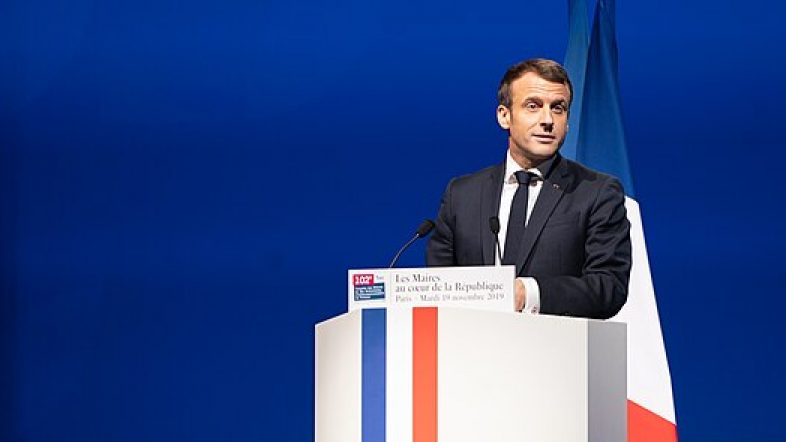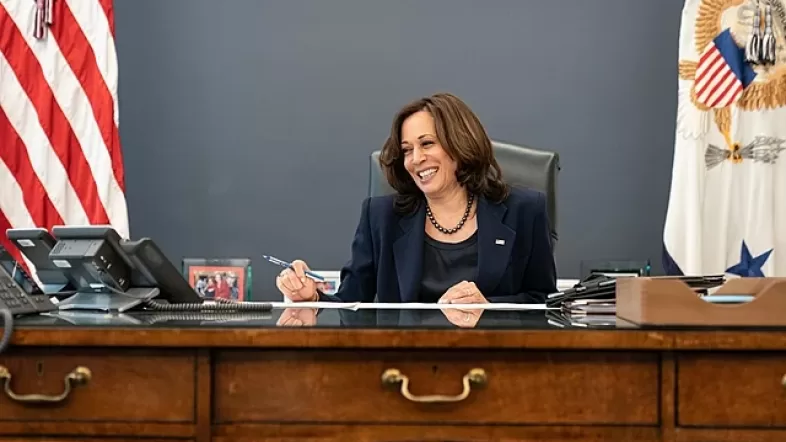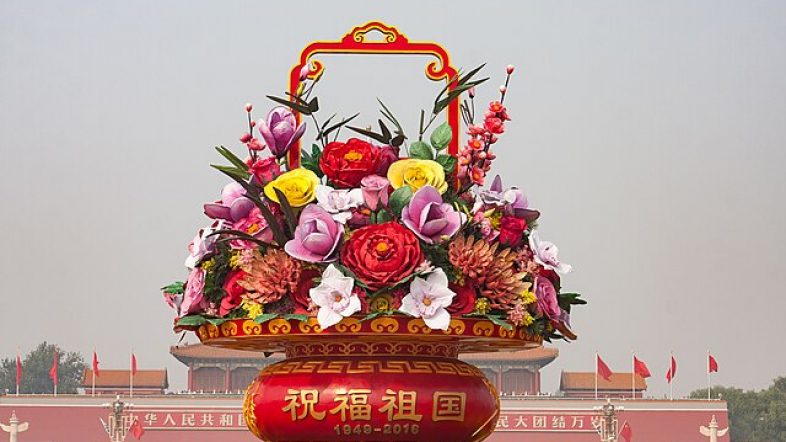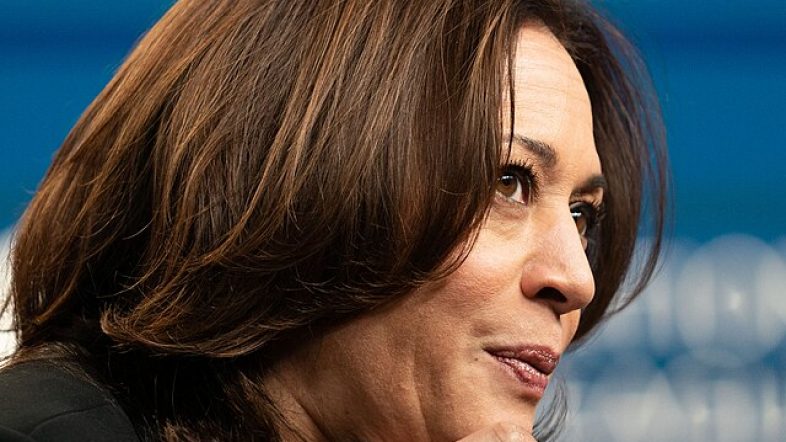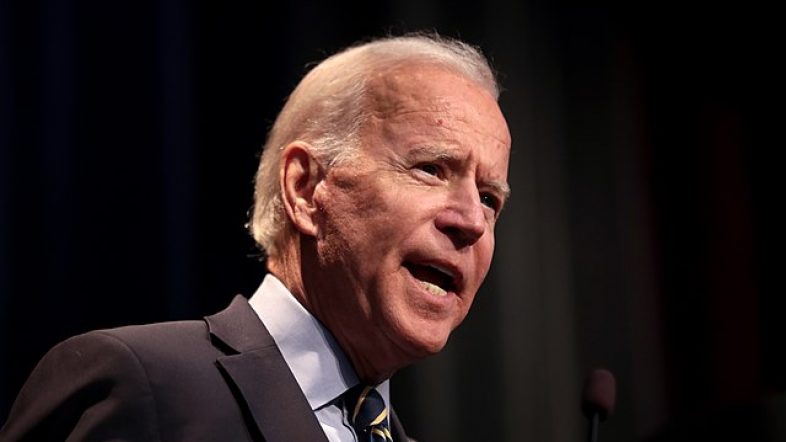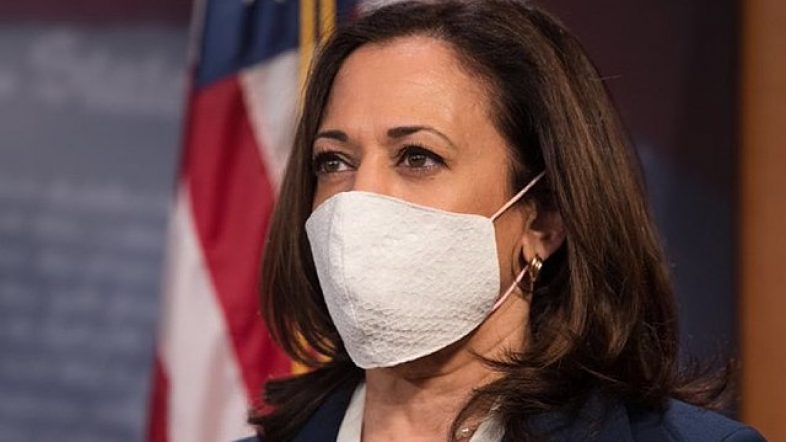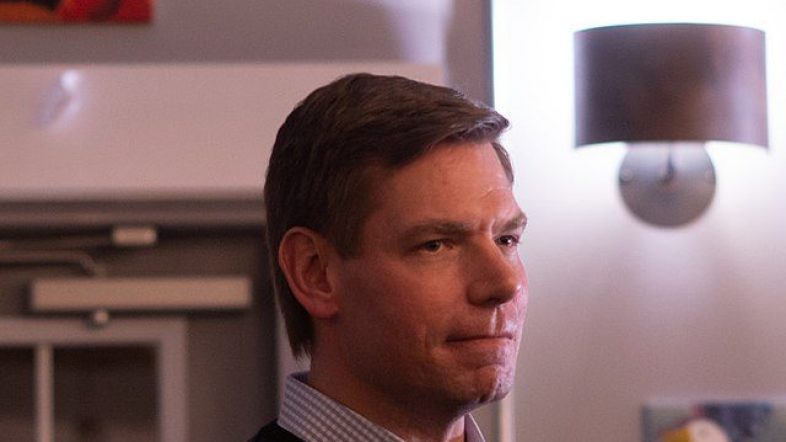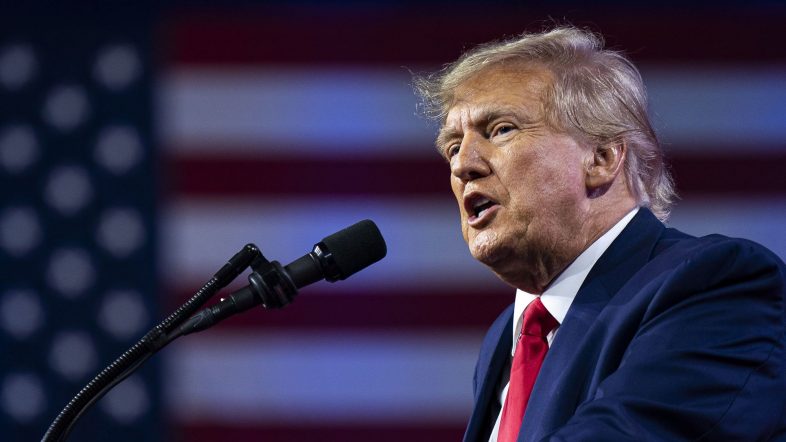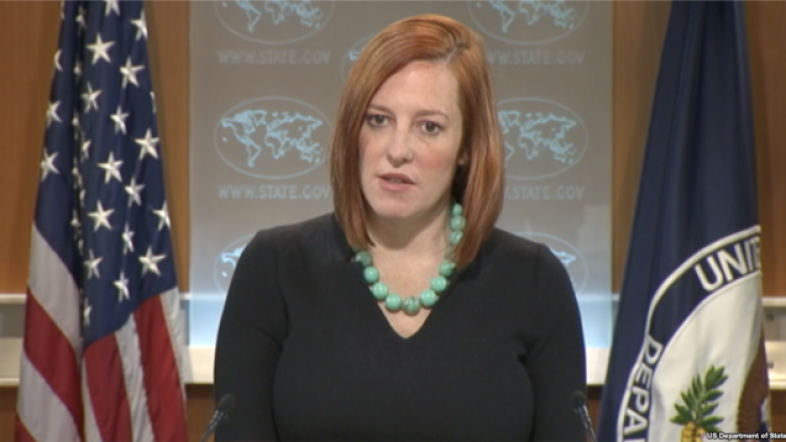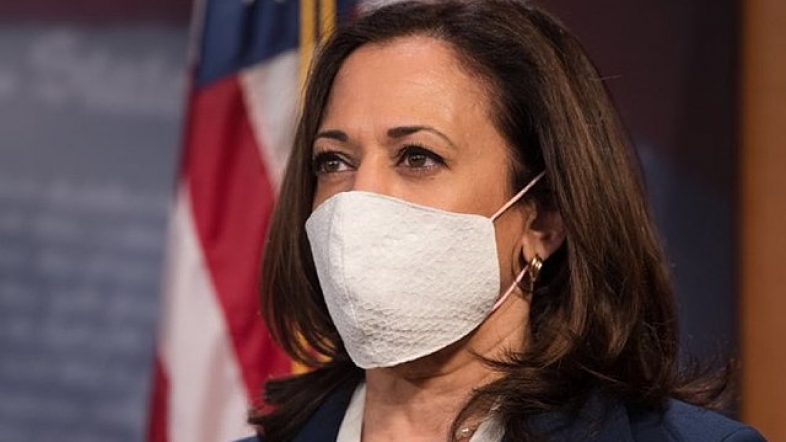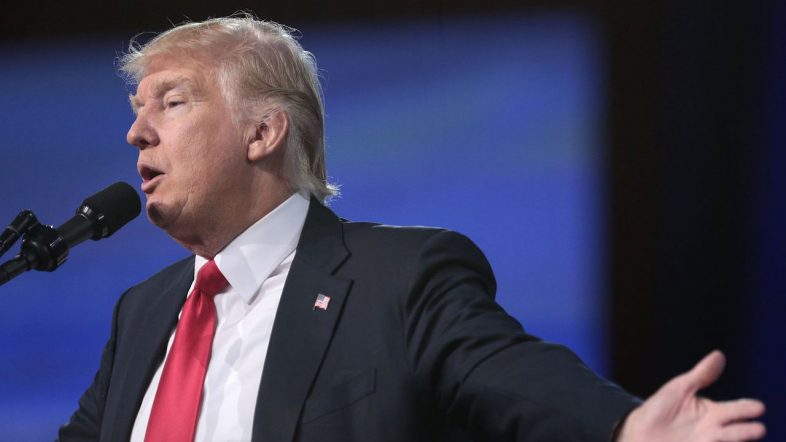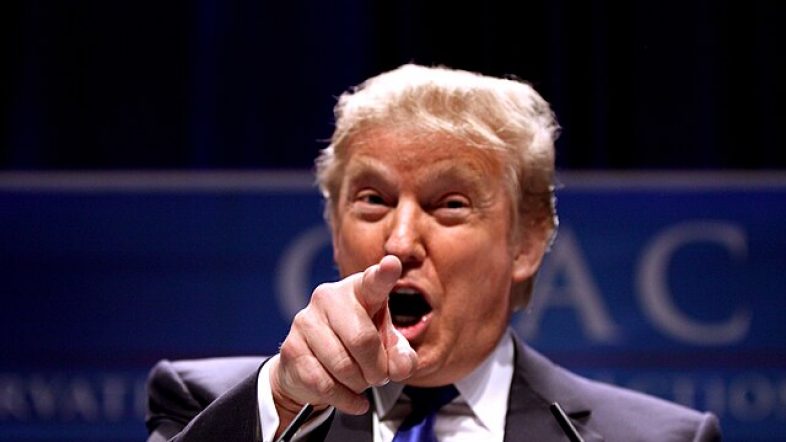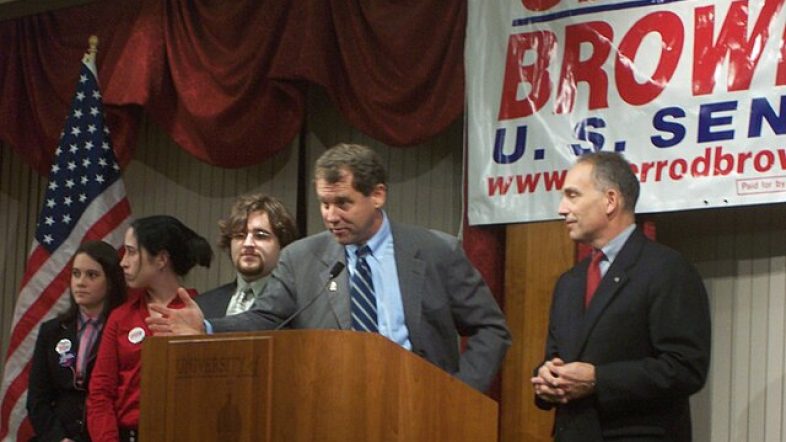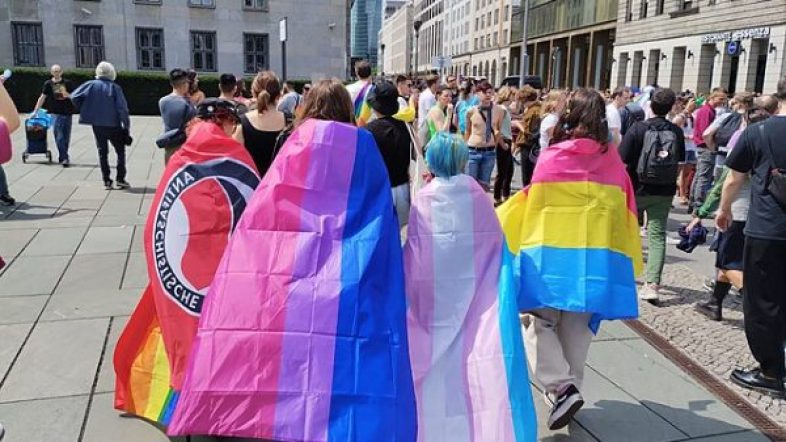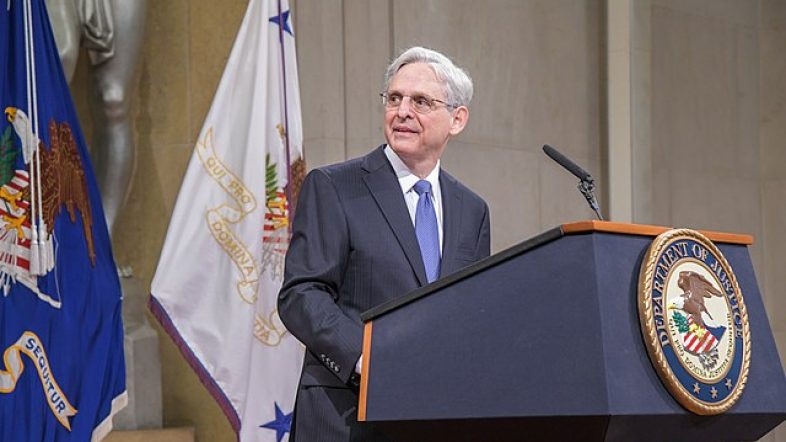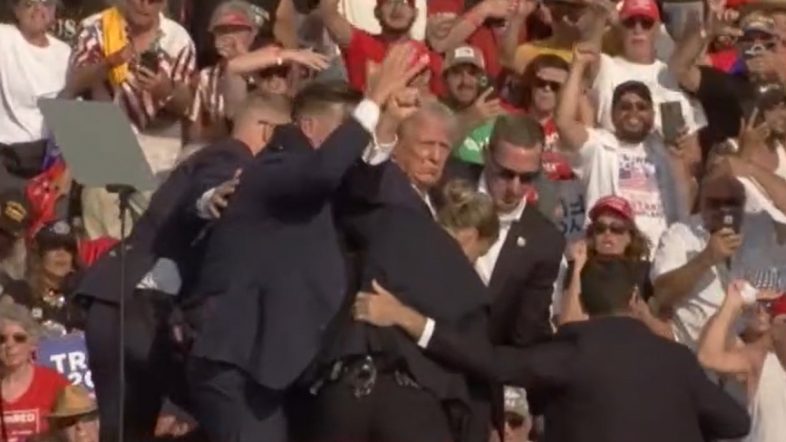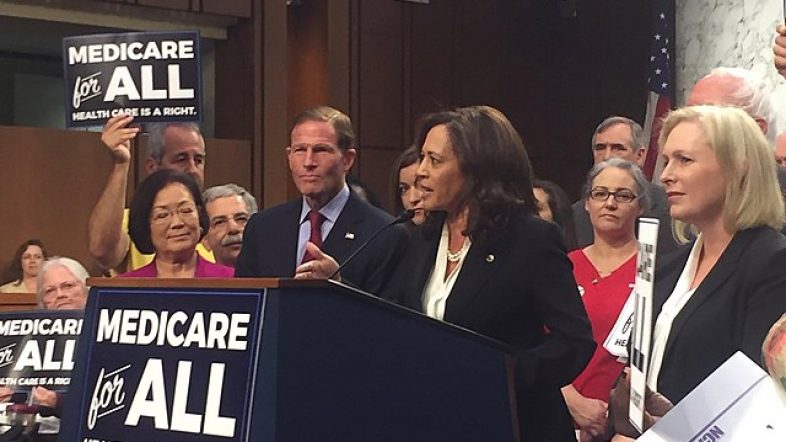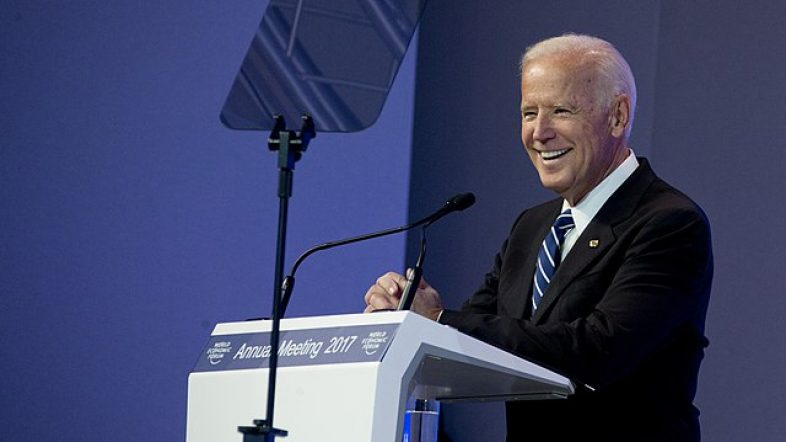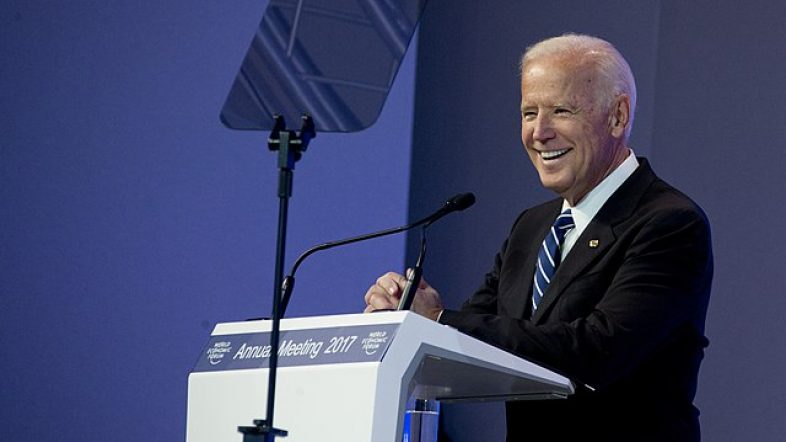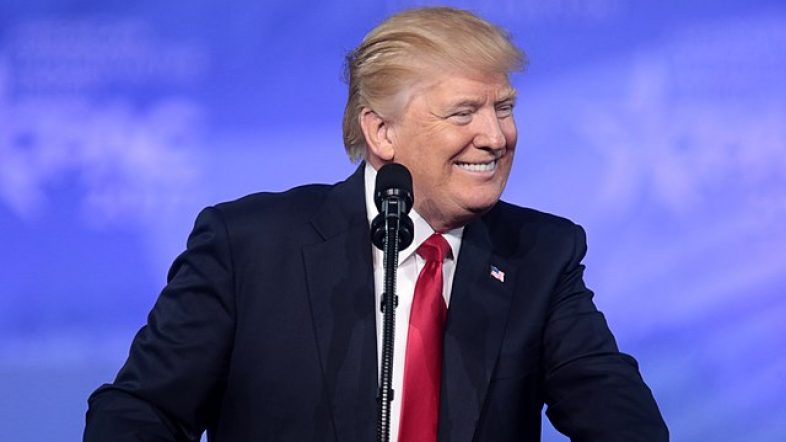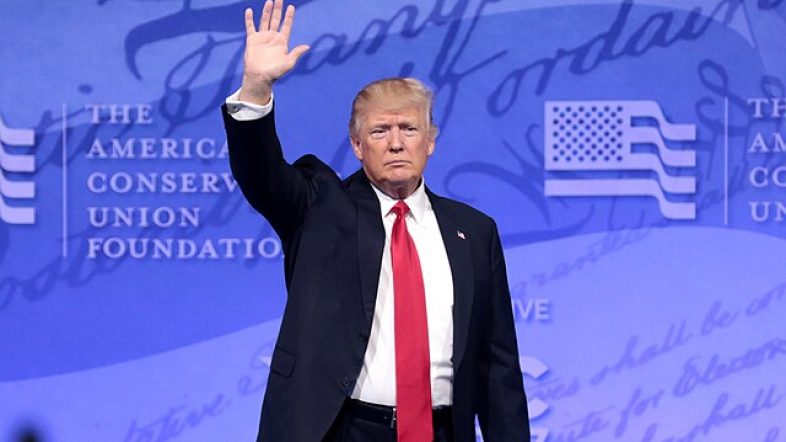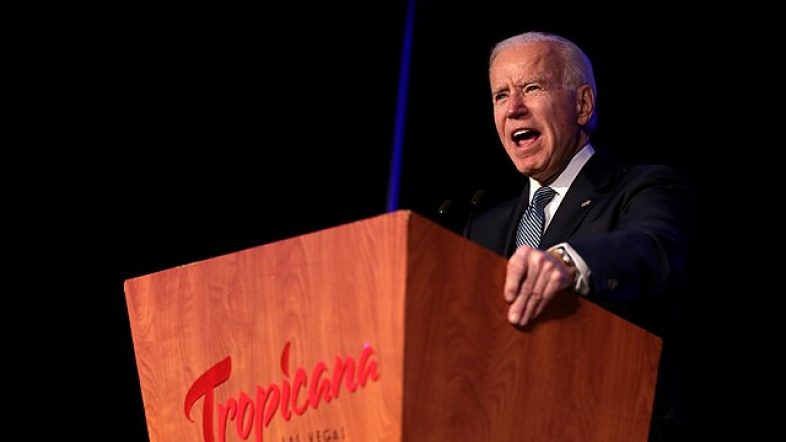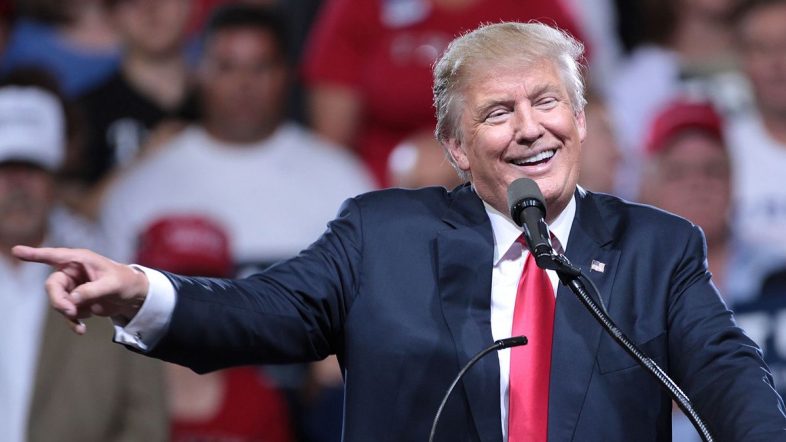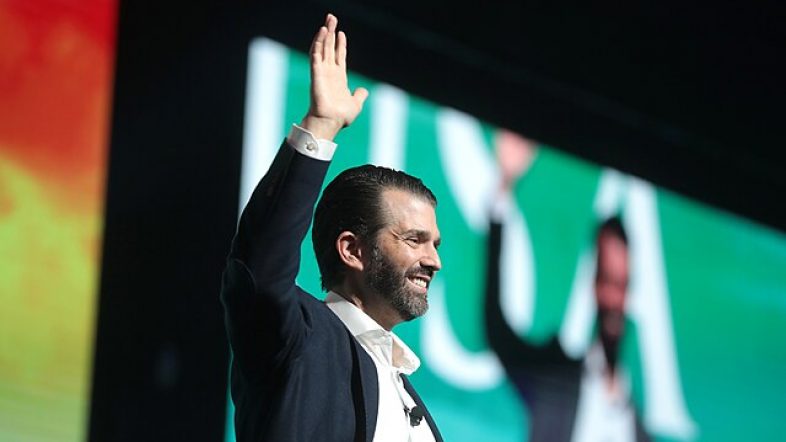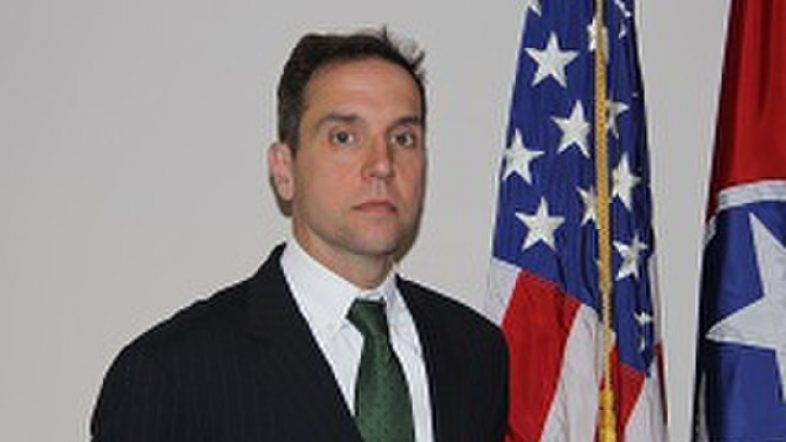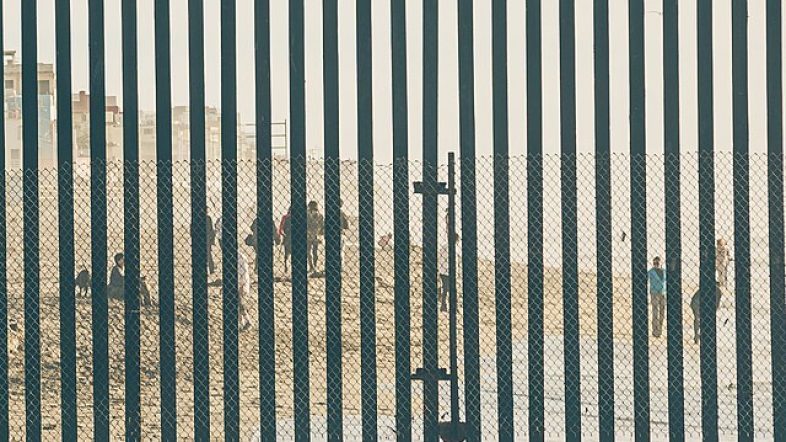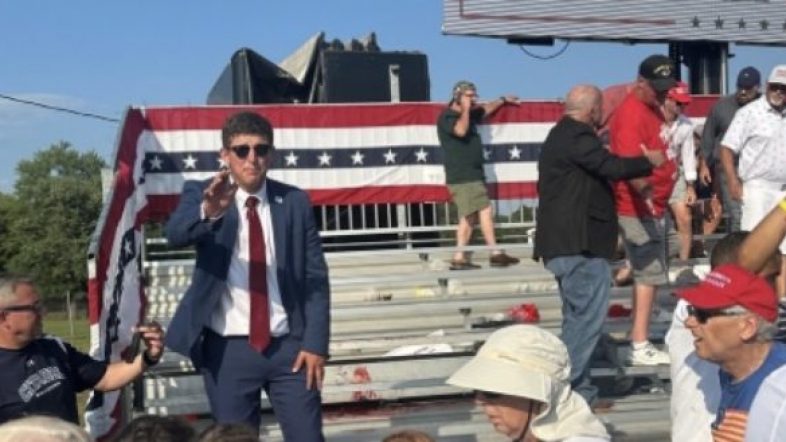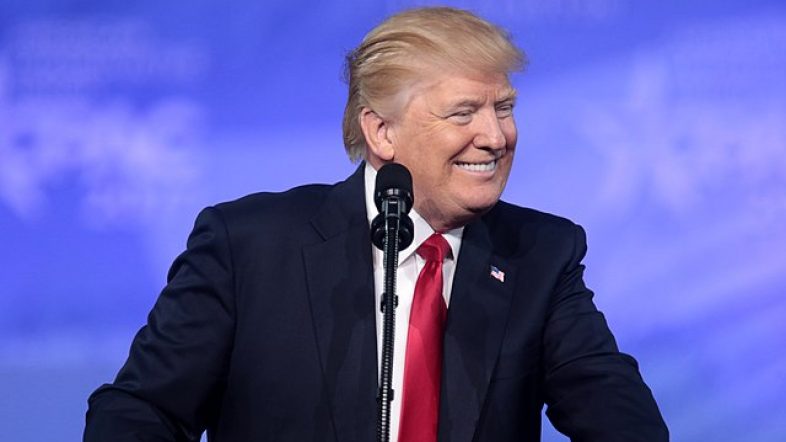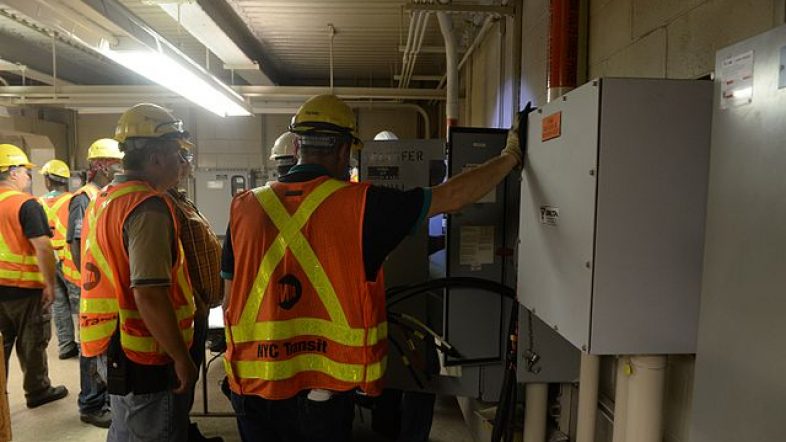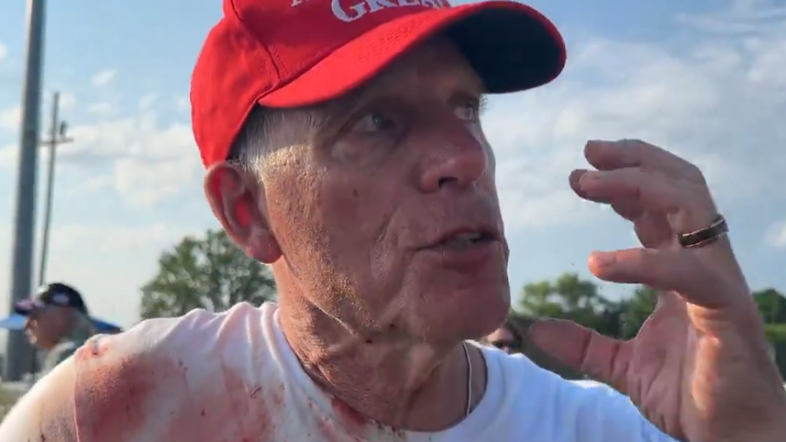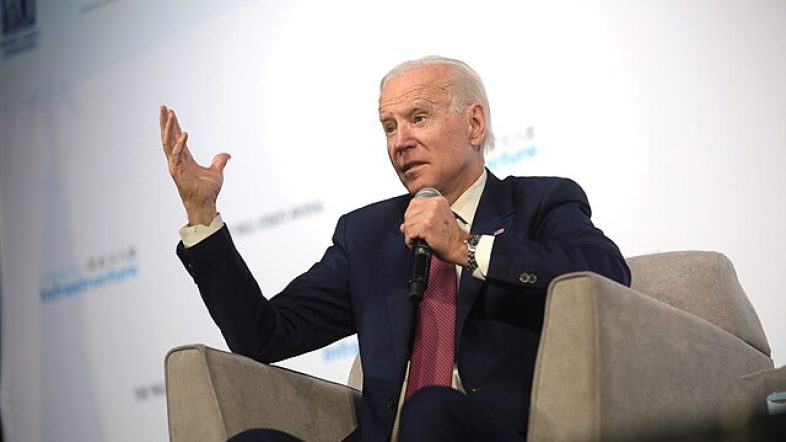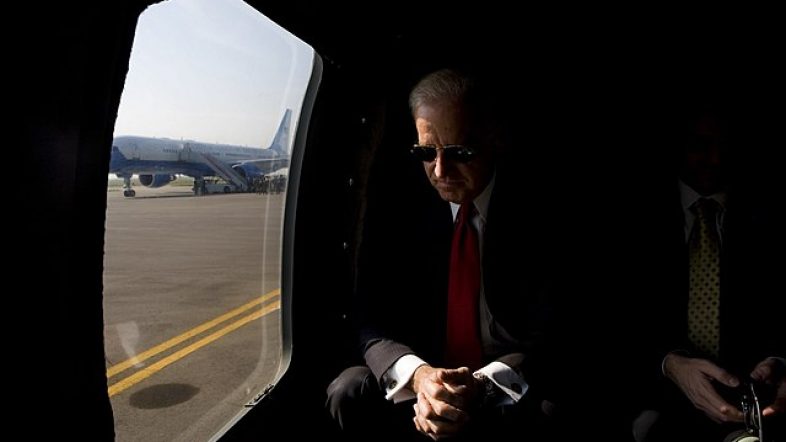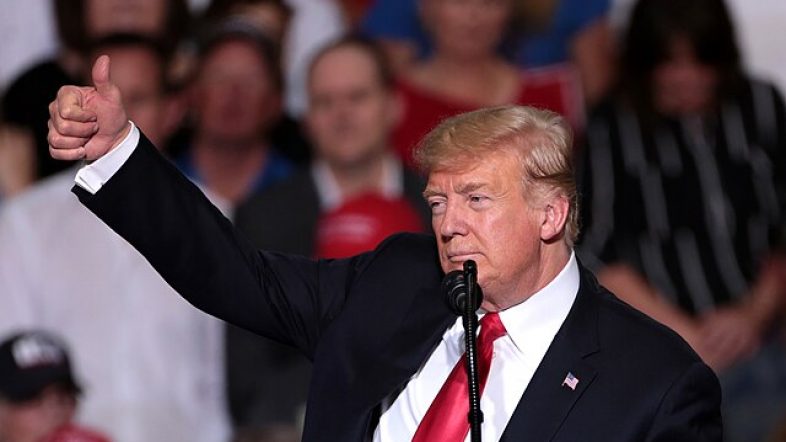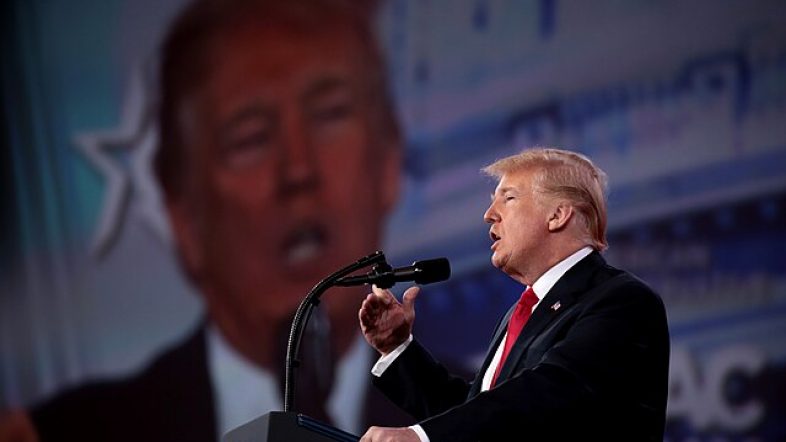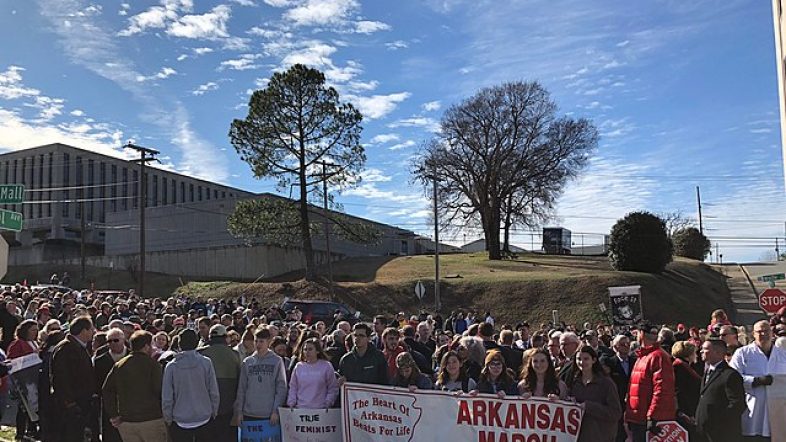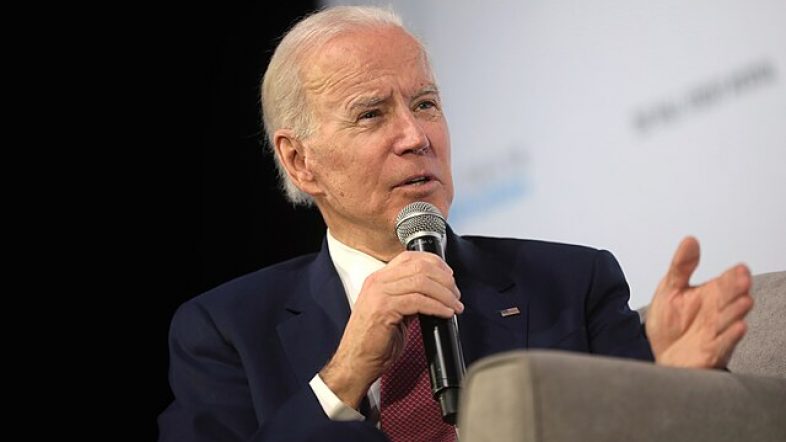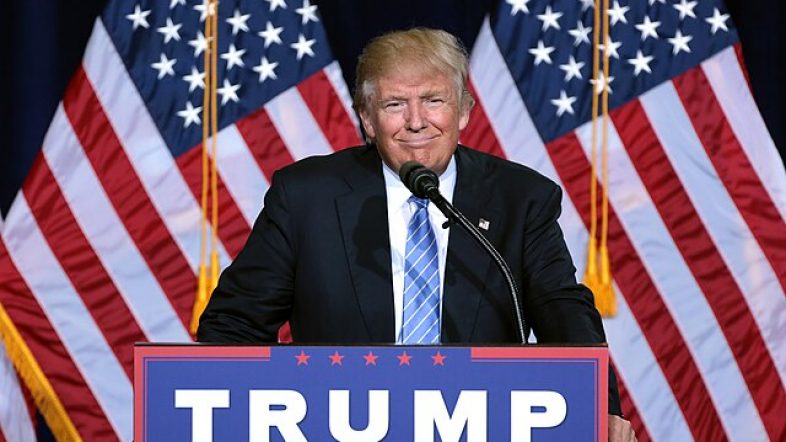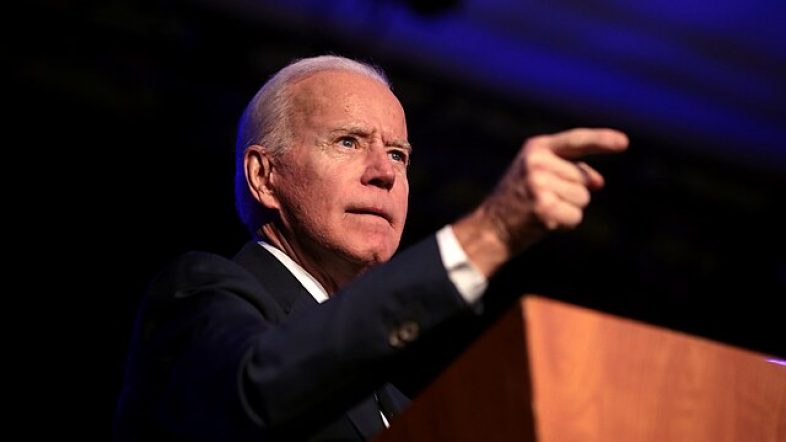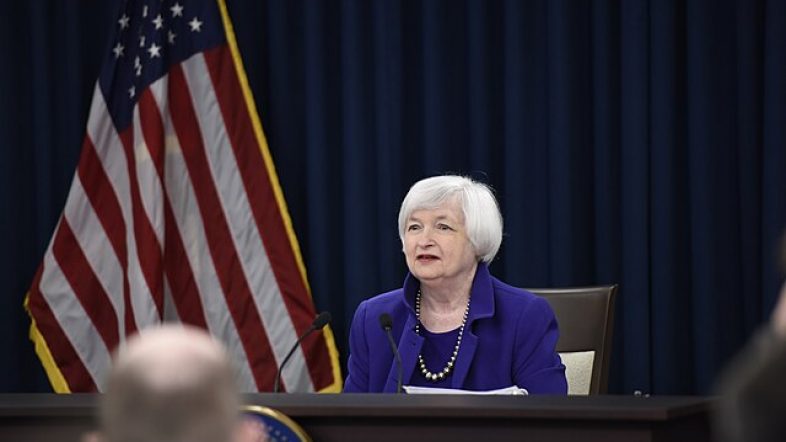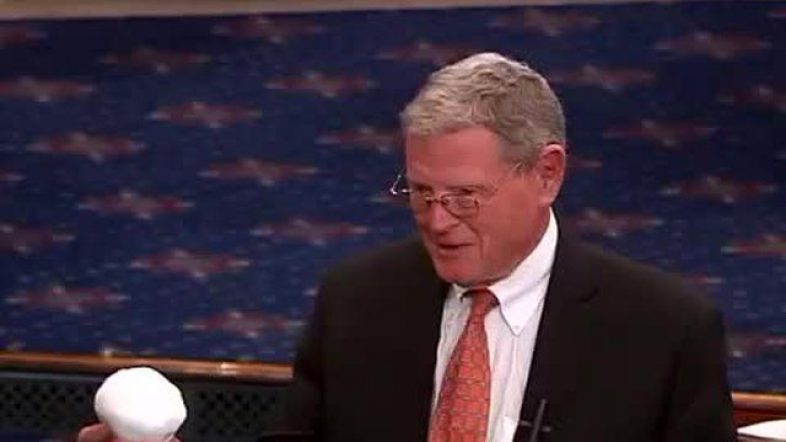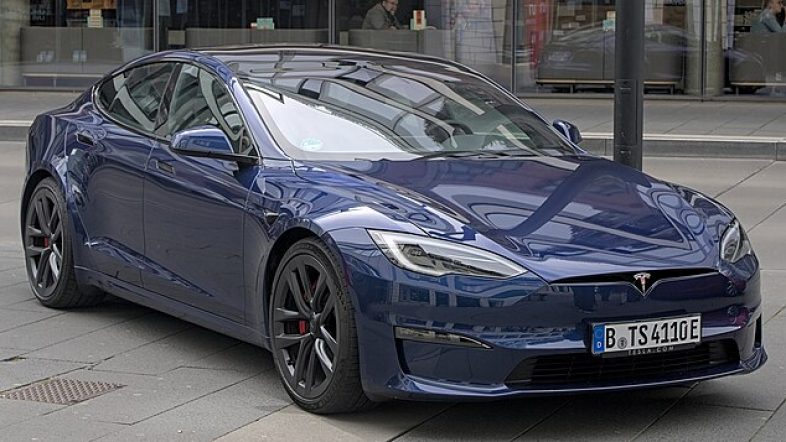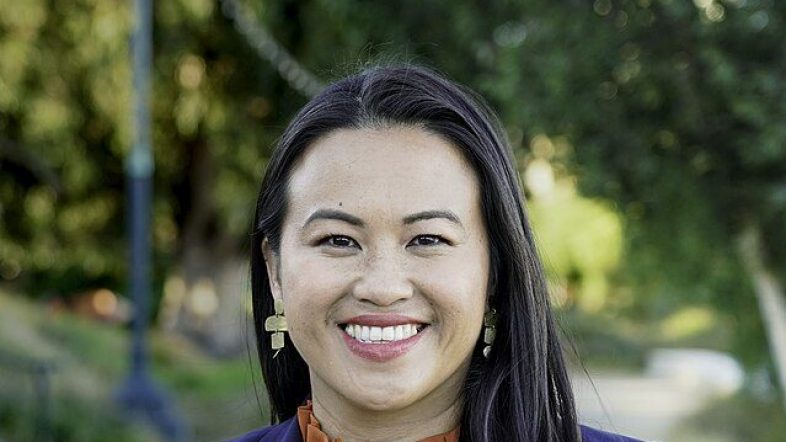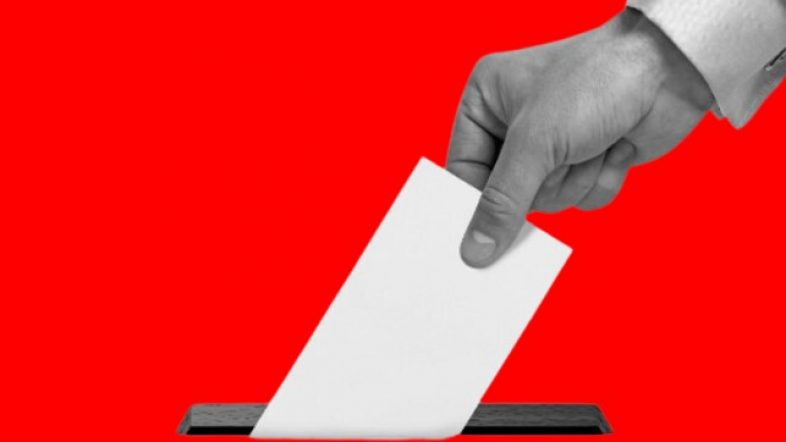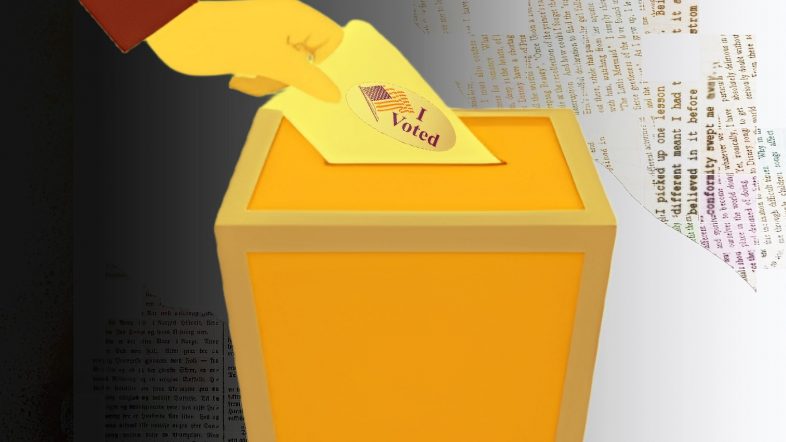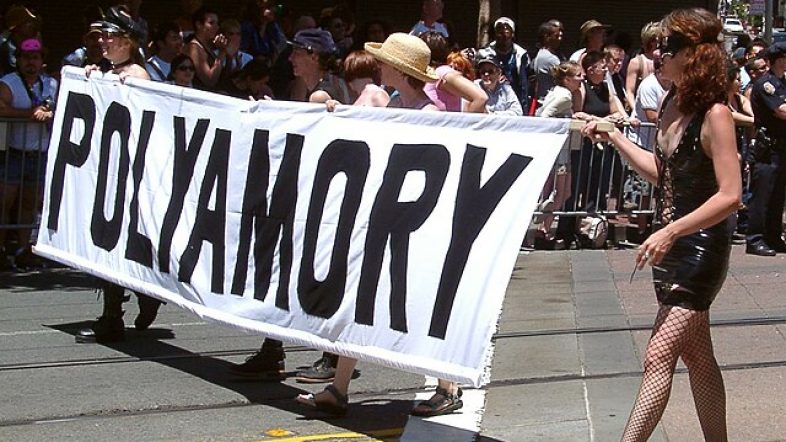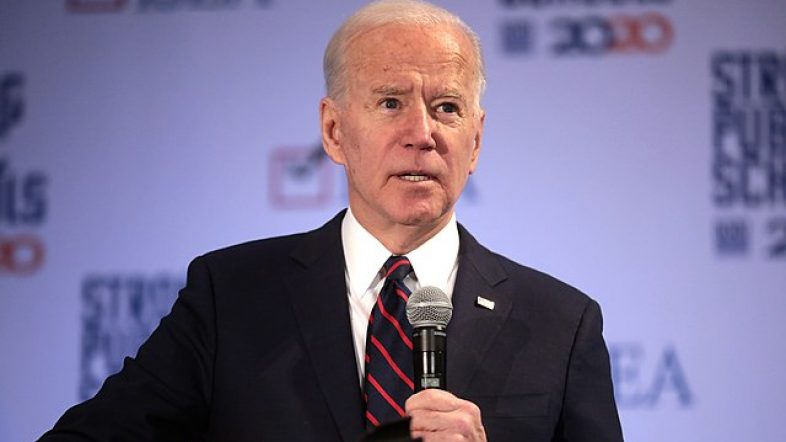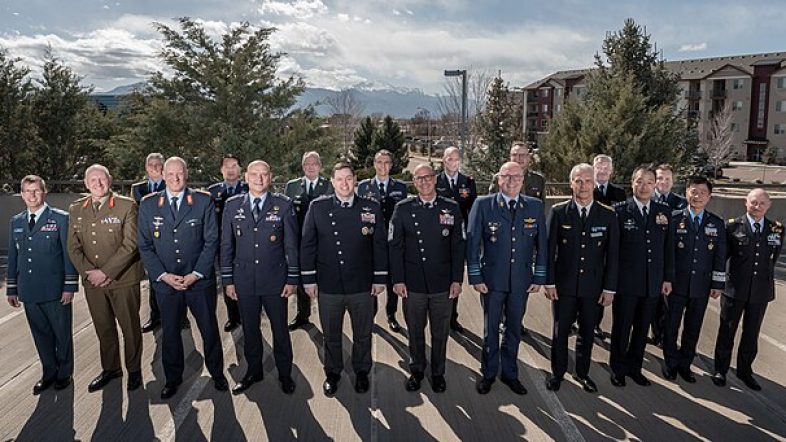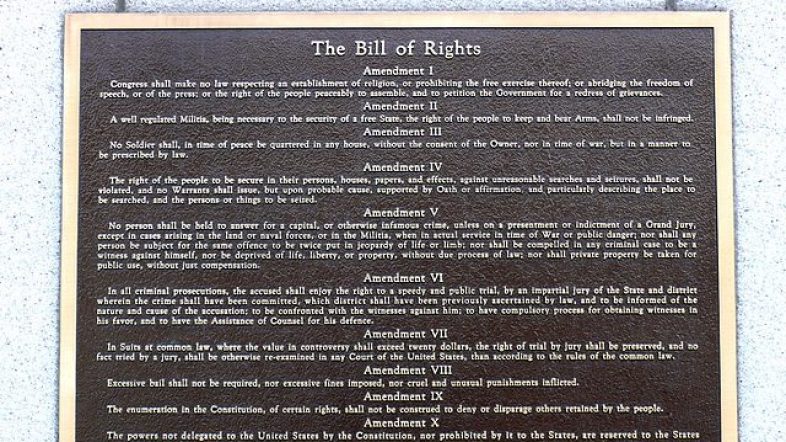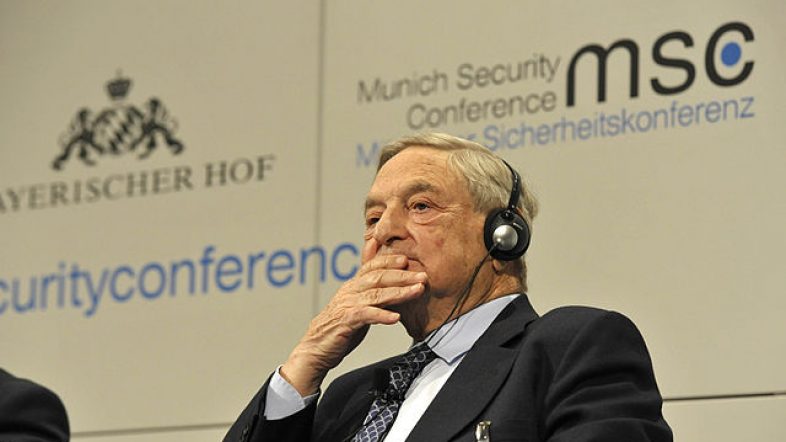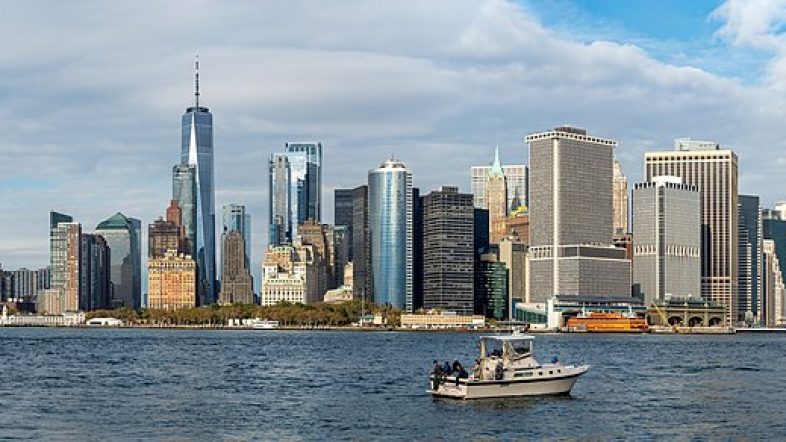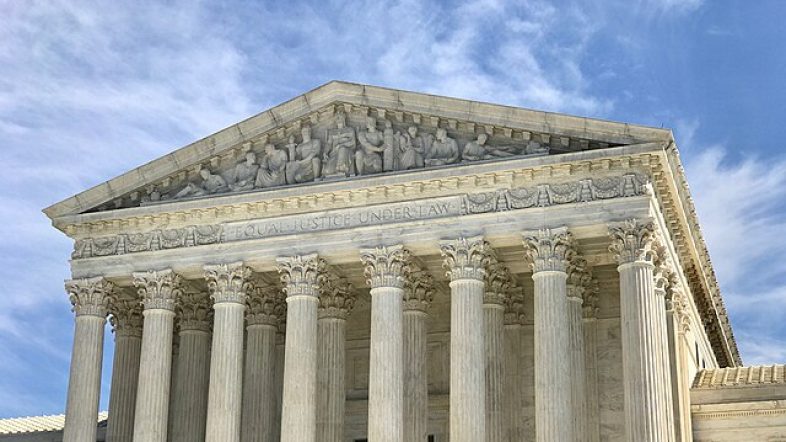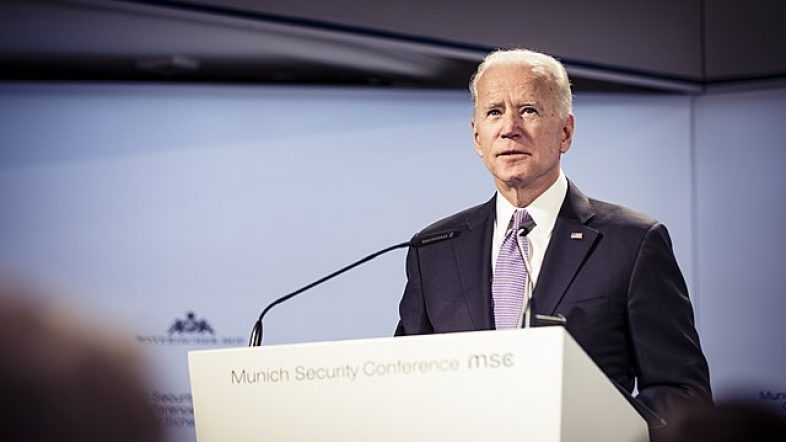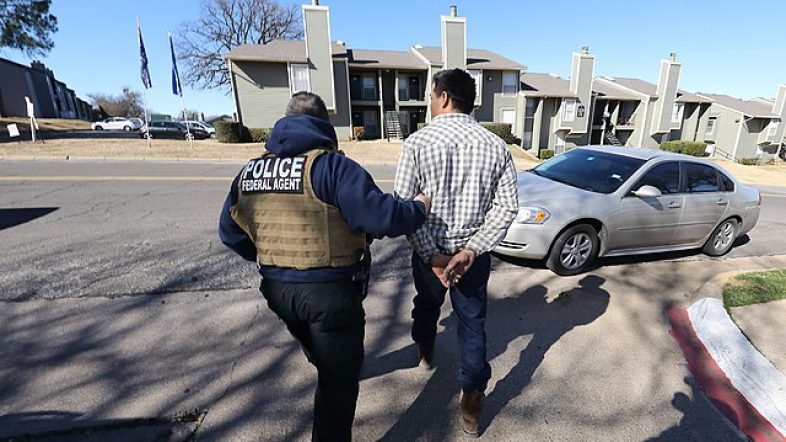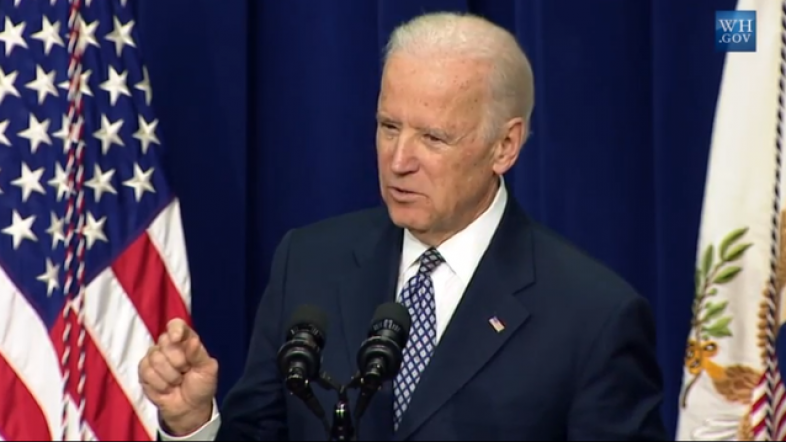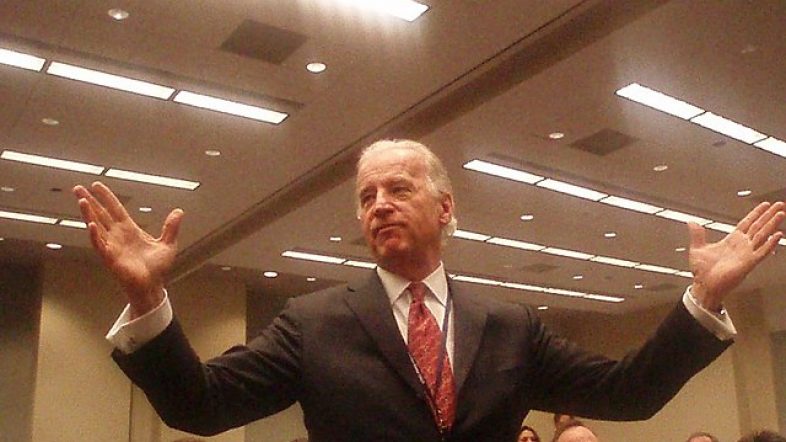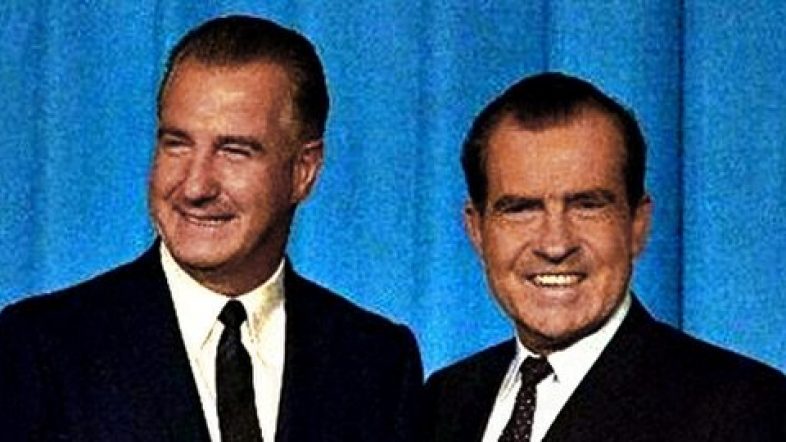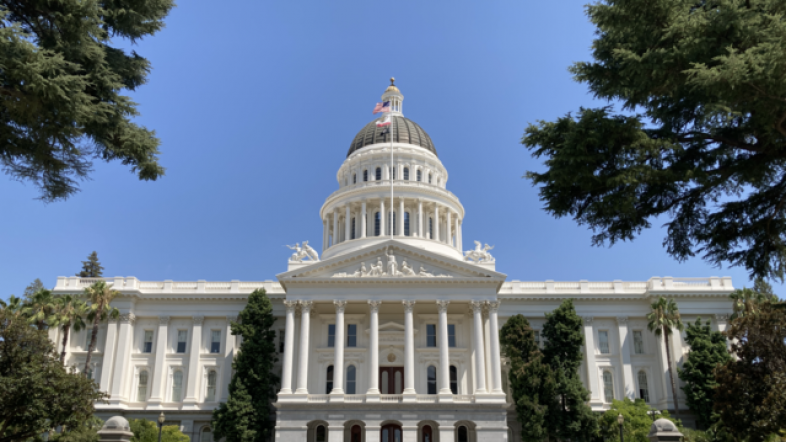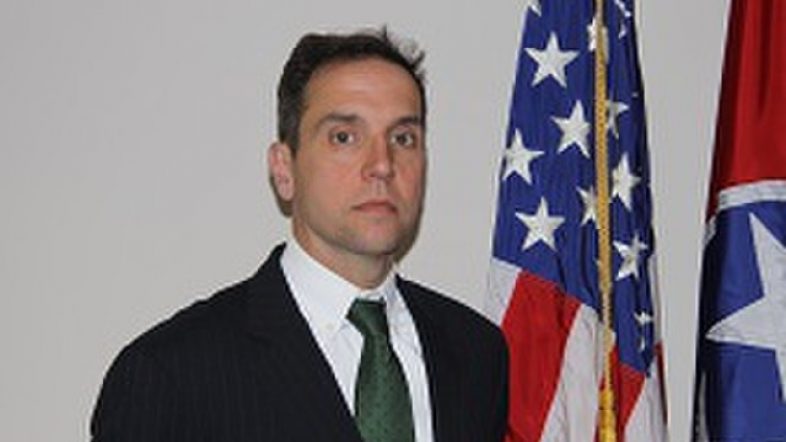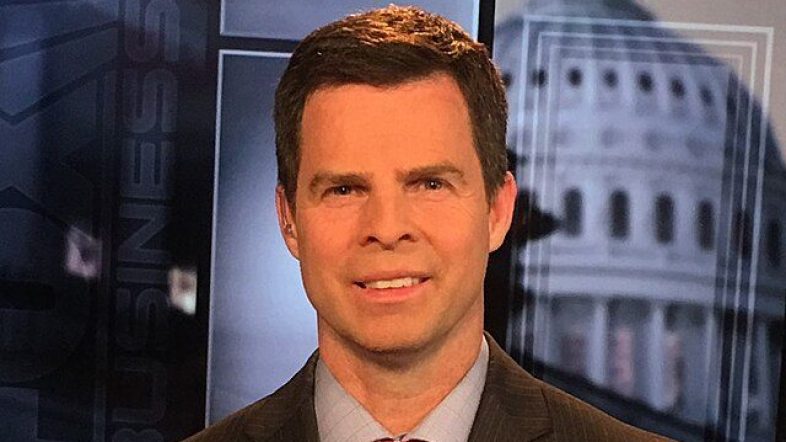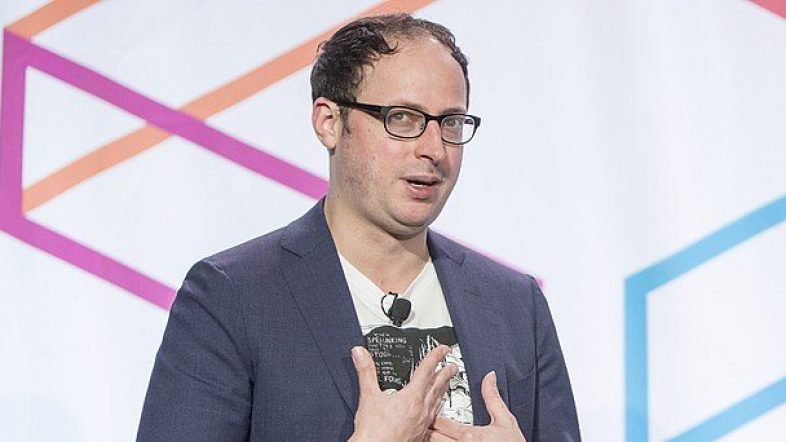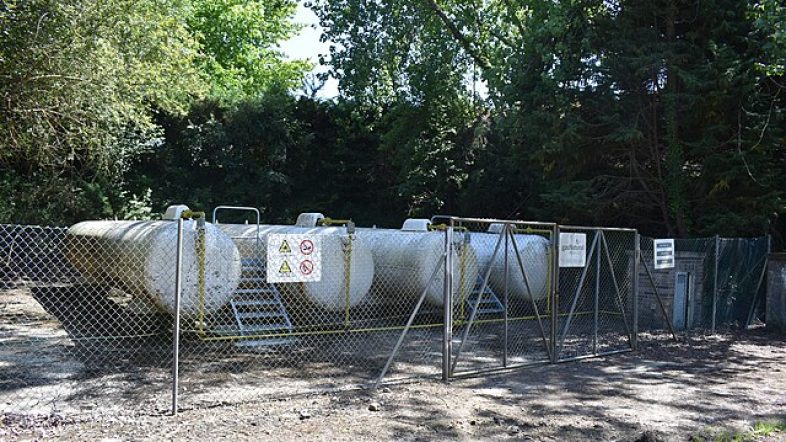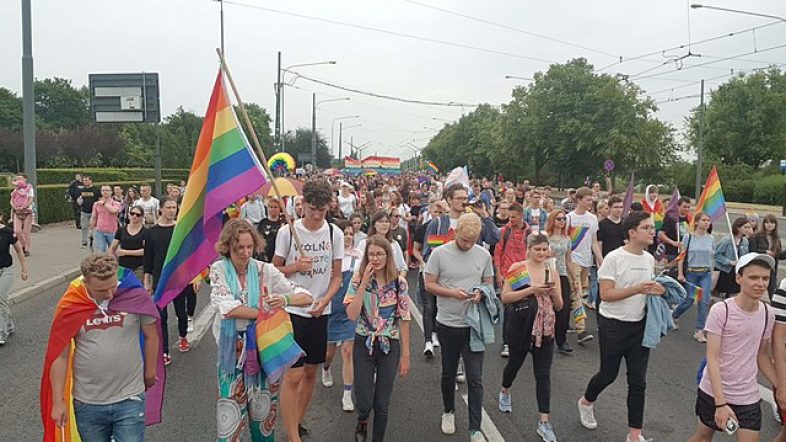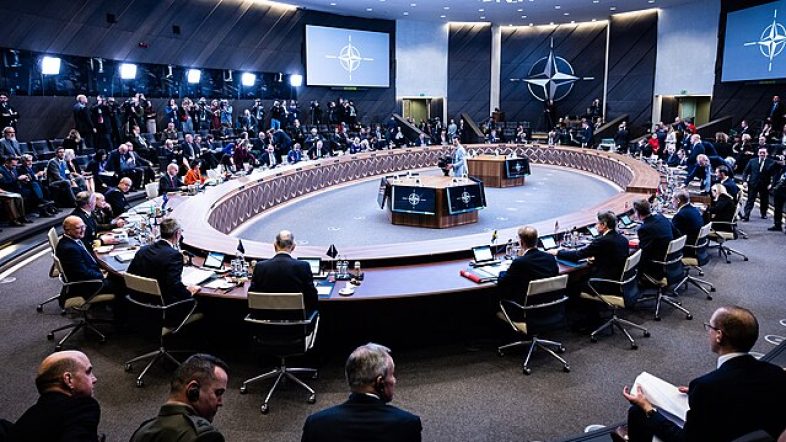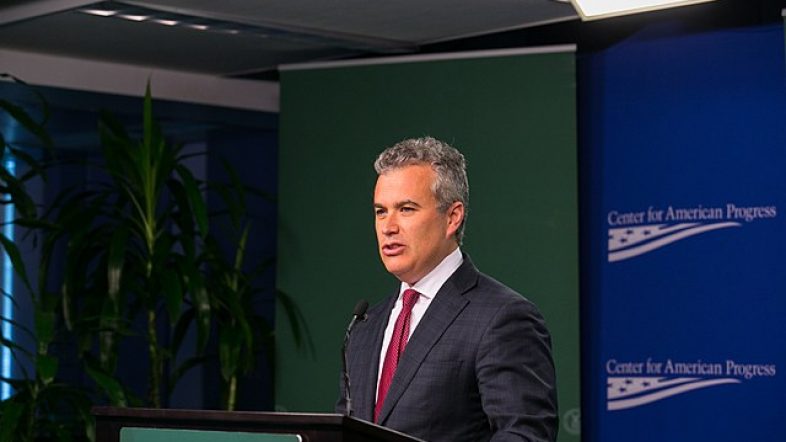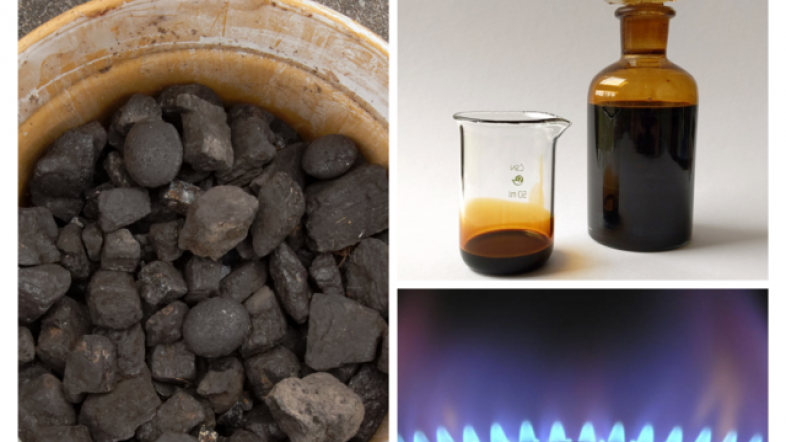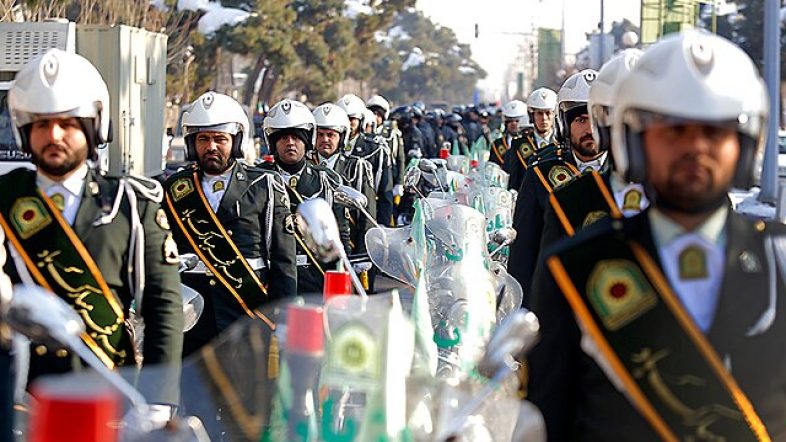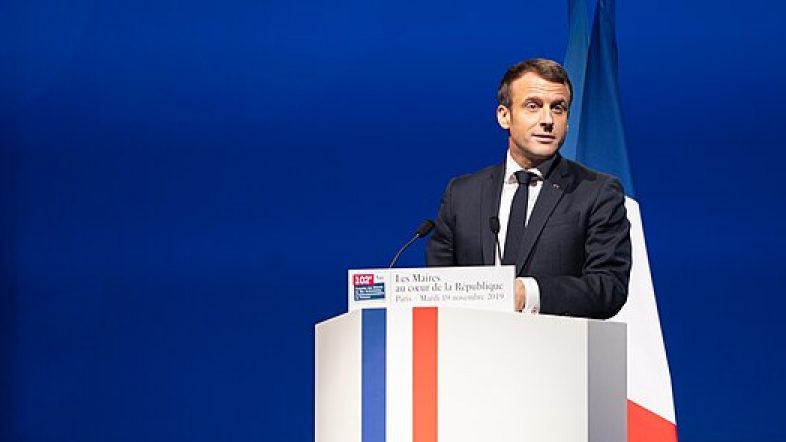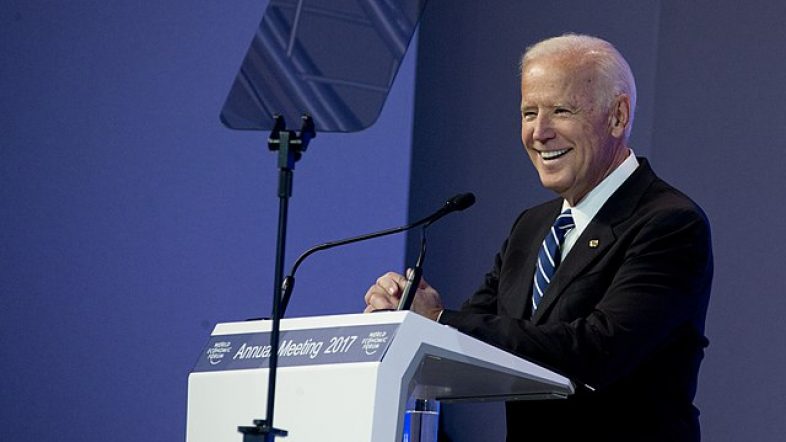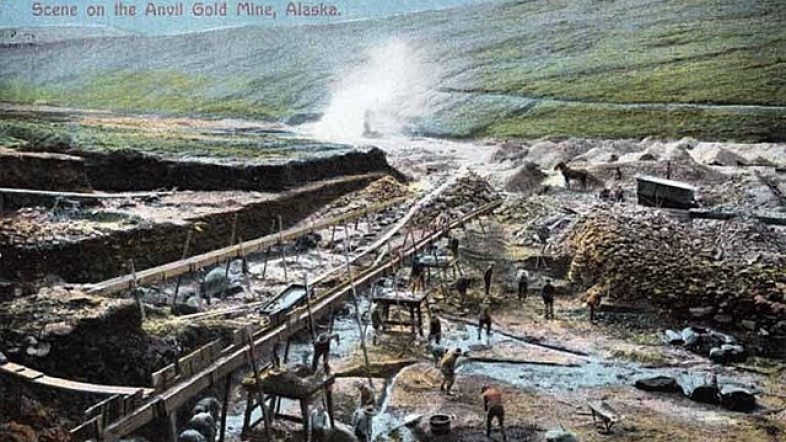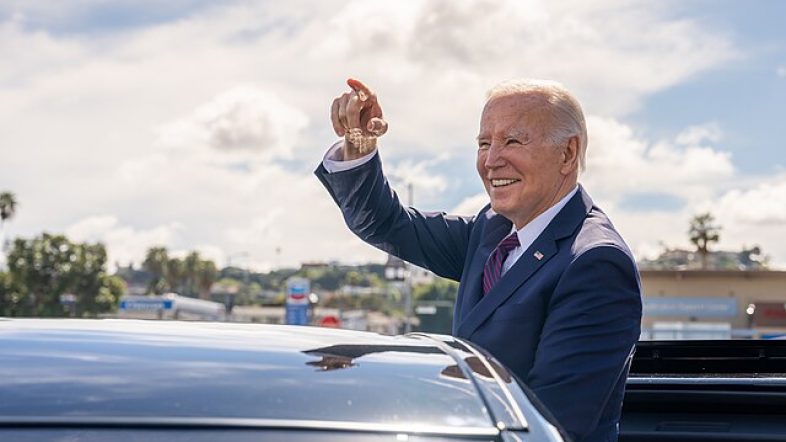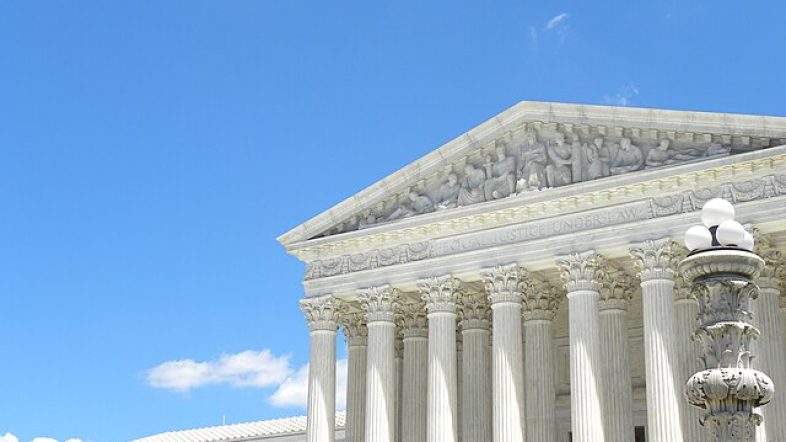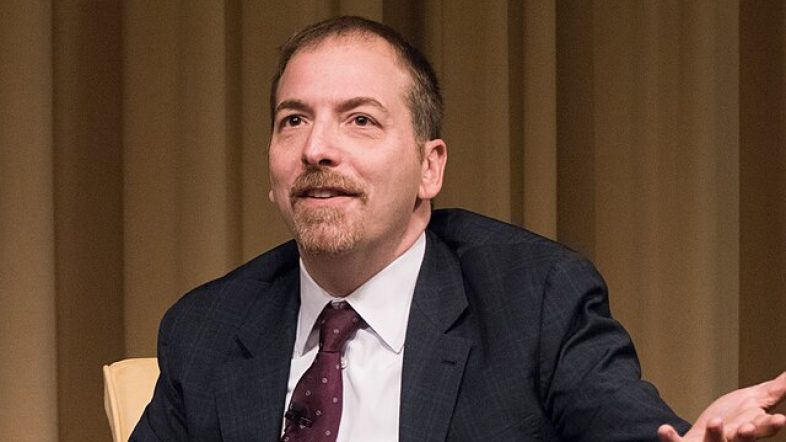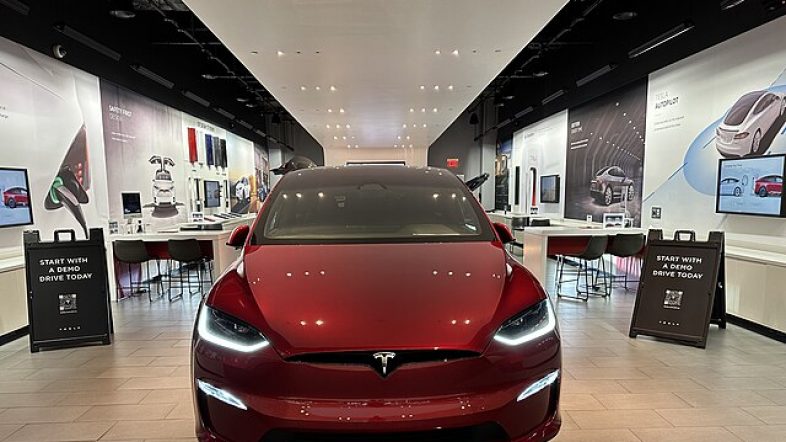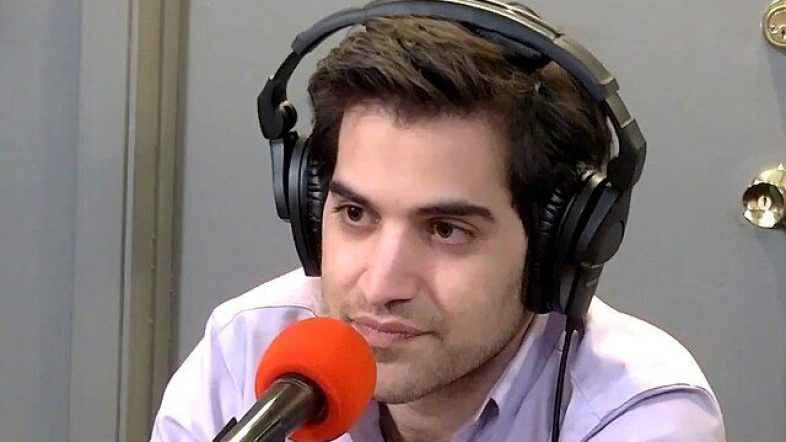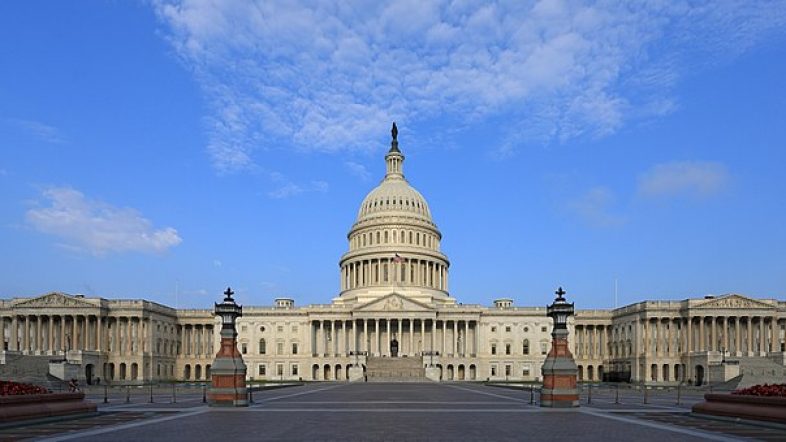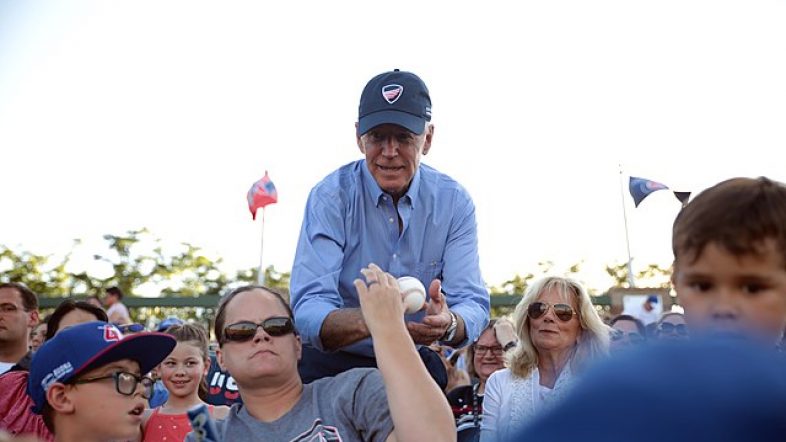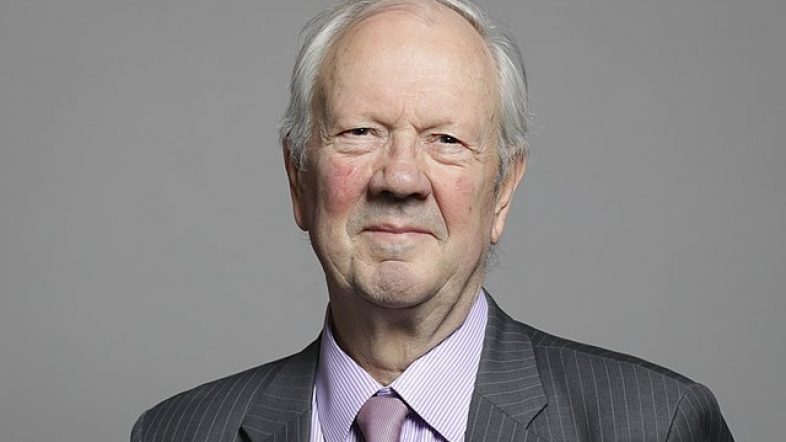With a judge who habitually ruled for the prosecution and an indictment backed by a legal theory even liberal commentators described as “clear as mud,” former President Donald Trump’s team stepped up to the lectern each day faced with the Sisyphean task of defending against a crime prosecutors failed to clearly articulate.
Though multiple legal experts who spoke with the Daily Caller News Foundation think Trump’s team never stood a chance in deep-blue Manhattan, others said a few changes may have allowed them to present a better case. Certain decisions appeared to be strategic missteps: for instance, pinning all the blame on Trump’s former attorney Michael Cohen while failing to provide a strong alternative theory for why he was paid $420,000 in 2017.
A jury convicted Trump Thursday on 34 counts for falsifying business records — 11 checks, 11 invoices and 12 ledger entries — all related to payments made to Cohen in 2017. The payments were categorized as “legal fees,” but prosecutors argued they were really reimbursements for a nondisclosure agreement with porn star Stormy Daniels, designed to keep her quiet about claims of an affair ahead of the 2016 election.
“[Trump’s team] should have took a more nuanced position that the records were falsely, but innocently miscategorized as legal expenses and that Trump had little to do with the accounting,” former federal prosecutor Neama Rahmani argued, telling the DCNF it was a mistake for the defense to take the “very unreasonable position in closing arguments that the business records were actual legal expenses pursuant to a phantom verbal retainer agreement.”
This is one of multiple mistakes Rahmani believes the defense made that may have led to his conviction: others include keeping two lawyers on the jury panel, telling jurors they would call a Trump Organization accountant to explain why payments were categorized as legal expenses but failing to deliver, making the case all about Cohen and not calling Trump to testify.
“The defense probably chose not to put him on the stand because they lost the Sandoval hearing and Trump’s prior legal problems would be fair game, but they needed some alternative theory of the case, like Trump did what he did to protect Melania from embarrassment,” he said.
Prosecutors made the point that payments for nondisclosure agreements were made to protect Trump’s campaign, not his family. Some witnesses, such as former White House communications director Hope Hicks, testified that Trump was concerned how it would be viewed by his wife.
Even believing the defense erred, changing the strategy may not have made a difference.
“Alvin Bragg’s unprecedented prosecution theory in which he coupled state and federal law, together with Judge Merchan’s ruling in favor of the prosecution on every evidentiary and procedural issue of significance, ensured that Donald Trump’s team never stood a chance,” former federal prosecutor Joseph Moreno told the DCNF.
Falsifying business records is normally a misdemeanor. To charge it as a felony, Bragg alleged the acts were done to conceal or commit another crime: conspiring to influence the 2016 election through “unlawful” means.
Those “unlawful” means were never made clear. Merchan’s instructions to the jury allowed them to pick from any of the three theories laid out by prosecutors — a campaign finance violation, falsifying other records or a tax violation — without coming to a consensus on one.
“As a result, even today we do not even know exactly what Donald Trump has been found guilty of,” Moreno said. “And because the prosecution was not required to lay out the underlying crimes on which their prosecution was based, Trump’s team never had a chance to defend against them.”
The constitutionality of Bragg’s legal approach, which has him attempting to enforce federal campaign finance law, is an open question that experts have pointed to as a glaring flaw from the start. The same goes for Merchan’s instructions allowing the jury to pick and choose from among three potential crimes rather than come to a unanimous agreement, which former federal prosecutor Francey Hakes told the DCNF may violate the 6th Amendment.
“No unanimous verdict? Violates the 6th Amendment,” she said. “No notice of the felony in the indictment or trial until the prosecution closed? Violates the 5th Amendment.”
Former federal prosecutor Andrew McCarthy told Fox News this week that Trump’s defense went wrong by treating actions that are legal “as if they were criminal.”
Trump’s attorneys placed an emphasis on denying affairs with both Stormy Daniels and Karen McDougal, even though whether or not they took place had no bearing on the charges. During cross-examination, Trump attorney Susan Necheles spent a long time casting doubt on Daniels’ story.
“So, for example, they say again and again, non-disclosure agreements, these NDAs that we keep talking about, are legal,” McCarthy explained. “Well, if they’re legal then don’t run away from them. Don’t treat them like they’re dynamite.”
Instead, the defense laid the blame on Cohen and sought to distance Trump from the deal.
“The political message that he wants to carry to voters for 2024 does not sync up with the defense that he should have been pursuing in the four corners of the trial,” McCarthy said.
Targeting Michael Cohen’s character dominated Trump’s defense strategy. During a long cross-examination, defense attorney Todd Blanche took a wrecking ball to his credibility.
Cohen admitted on the stand to stealing from the Trump organization, and Blanche undermined Cohen’s claim he talked with Trump over the phone about the Stormy Daniels issue by showing the call he made to Trump’s bodyguard was for another purpose: asking how to handle “harassing” calls from a teenager.
But Rahmani said making the case “entirely about Michael Cohen” and only calling Robert Costello, an attorney who advised Cohen when he was the subject of federal investigation, as a witness to impeach his testimony could have harmed the defense.
“It turns out the star witness wasn’t Cohen after all, but David Pecker,” he said. “Once the jurors re-heard Pecker’s testimony, they convicted.”
Former federal prosecutor John Malcolm suggested Merchan was at fault for the defense’s arguments not landing with the jury.
“Judge Merchan severely hampered former President Trump’s ability to put on a defense by limiting Robert Costello’s testimony and by preventing one of the foremost experts on federal campaign finance laws from testifying that Trump did not violate any of those laws,” Malcolm told the DCNF. “He also allowed Stormy Daniels to tell the jury salacious, irrelevant, and prejudicial information about their alleged sexual liaison.”
While the defense intended to call former commissioner on the Federal Election Commission (FEC) Brad Smith as a witness, Merchan’s restrictions preventing Smith from interpreting campaign finance law or stating whether the Daniels payment was a violation led to them opting not to put Smith on the stand. Smith wrote on X that the decision revealed the judge’s “very evident” bias for prosecutors.
Despite his ruling, Merchan allowed prosecutors to assert during closing arguments that Trump had, in fact, violated federal campaign finance law.
“Perhaps worst of all, the judge’s jury instructions dramatically favored the prosecution, telling the jury that while they had to unanimously conclude that Trump caused a false business entry to be made on his company’s books in order to conceal another crime, they did not have to be unanimous as to what that other crime was,” Malcolm continued.
While the defense could have put Trump on the stand, Malcolm said “that is always a risky strategy.”
“Trump will have myriad issues that he can raise on appeal that may well result in this conviction being overturned, but that will likely not happen until after the election,” Malcolm said.
Blanche revealed Friday on the Today Show that Trump’s team had been “expecting” a guilty verdict, noting evidence that the judge prevented from coming in and limits he placed on cross-examining witnesses factored into the outcome. He promised they would “win on appeal.”
“Shocked and surprised at what happened? Not really,” Blanche said. “We didn’t think we were gonna get a fair shake in Manhattan and we didn’t.”


